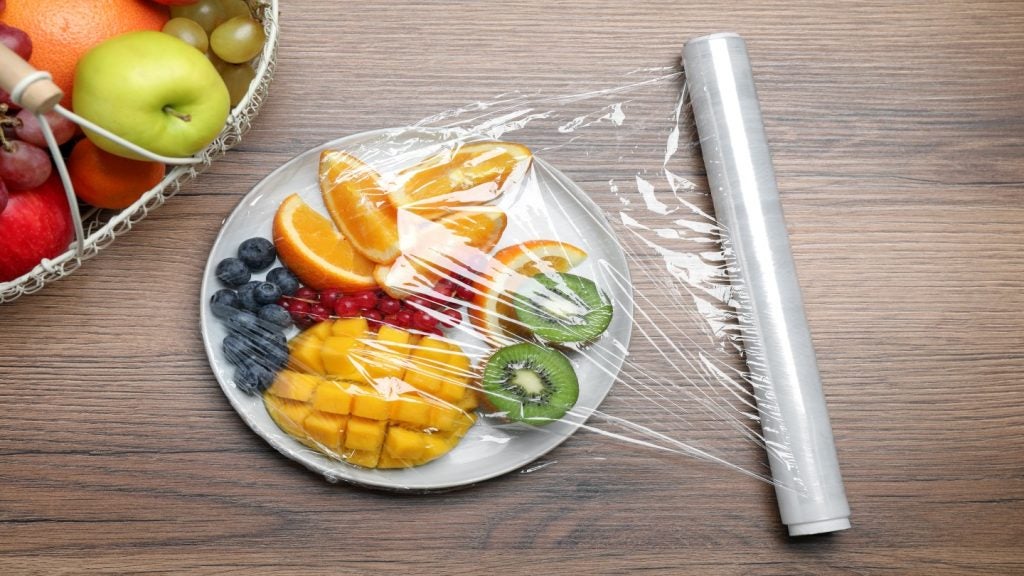A team of experts from the University of Adelaide in South Australia has developed a new method to convert polyethylene waste (PE) into feedstock.
The team is being led by the University of Adelaide’s Nanotechnology chair and School of Chemical Engineering Centre for Materials in Energy and Catalysis director Professor Shizhang Qiao.
PE is claimed to be the most readily available plastic in the world and is used for making daily food packaging, shopping bags, and reagent bottles.
Currently, PE is available in nature as the largest proportion of all plastic waste and is a threat to the global environment and ecology.
Using its new method, the team said that this PE plastic waste, which otherwise is discarded and accumulated in landfills, can be converted into valuable chemicals with the help of a light-driven photocatalysis process.
Qiao said: “We have upcycled PE plastic waste into ethylene and propionic acid with high selectivity using atomically dispersed metal catalysts.”
Ethylene, which is a crucial chemical feedstock, can be processed further to be used for manufacturing various industrial products while propionic acid is said to have antiseptic and antibacterial properties.
Qiao added: “An oxidation-coupled room-temperature photocatalysis method was used to convert the waste into valuable products with high selectivity. Nearly 99% of the liquid product is propionic acid, alleviating the problems associated with complex products that then require separation.
“This waste-to-value strategy is primarily implemented with four components, including plastic waste, water, sunlight and non-toxic photocatalysts that harness solar energy and boost the reaction. A typical photocatalyst is titanium dioxide with isolated palladium atoms on its surface.”
Compared to this new catalytic recycling method, the existing chemical recycling process for handling PE waste is operated at very high temperatures, usually greater than 400°C, that result in complex product compositions.
The latest findings, which were published in the journal Science Advances, are currently in the early development stages.
Qiao said: “Our fundamental research provides a green and sustainable solution to simultaneously reduce plastic pollution and produce valuable chemicals from waste for a circular economy.”









